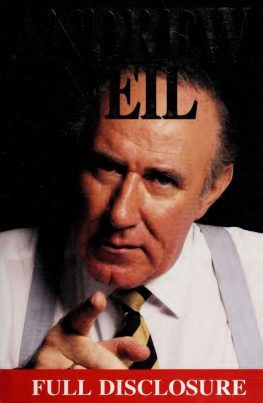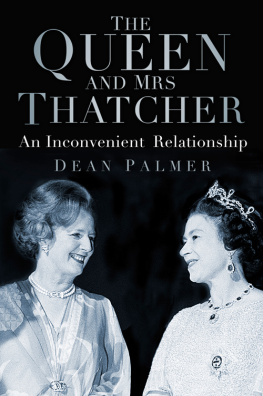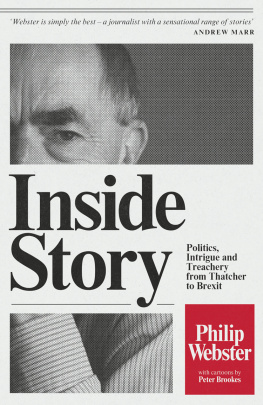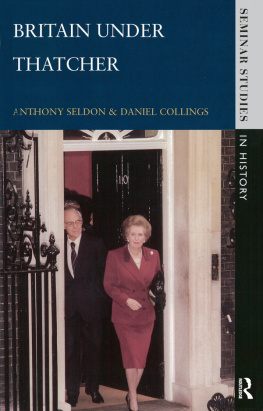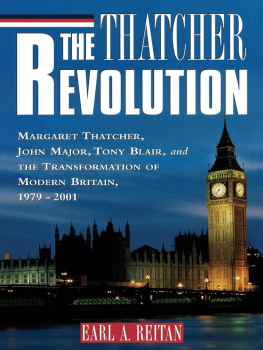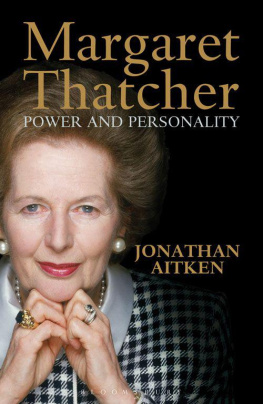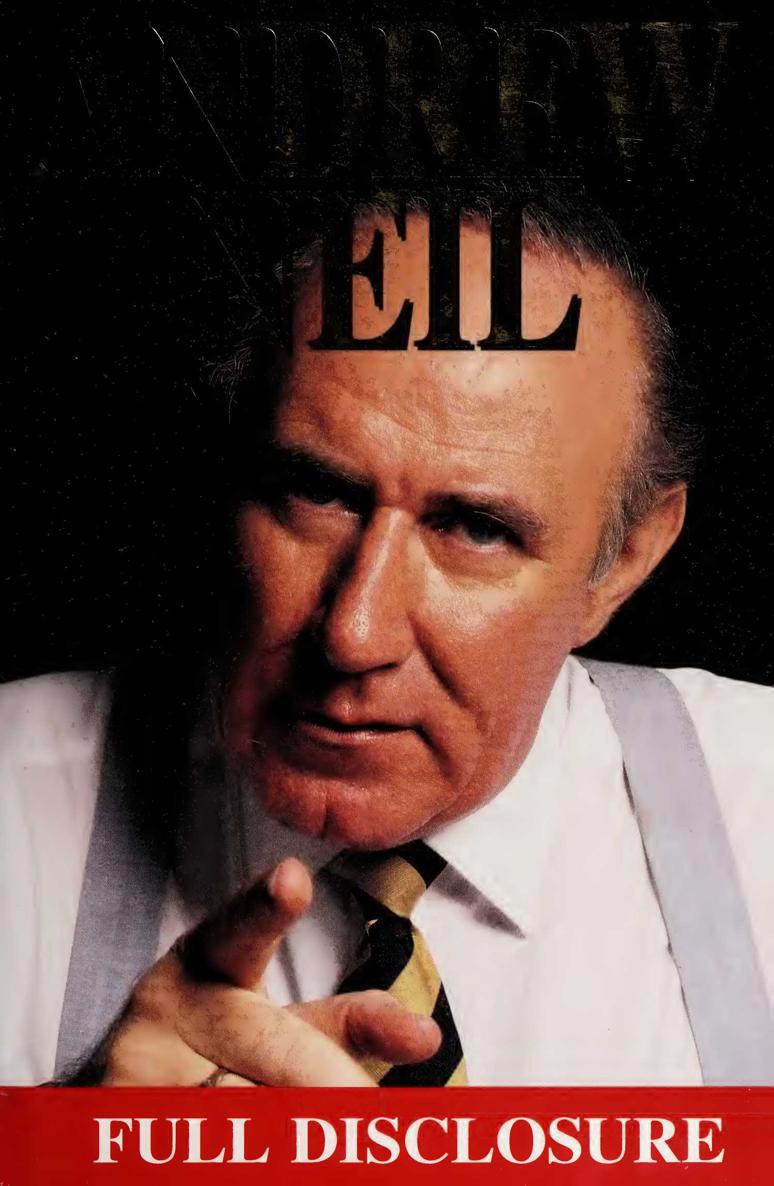Andrew Neil is the most successful and famous newspaper editor of his generation. At the helm of The Sunday Times for over a decade he was always in the midst of controversy, often making the news as much as reporting it.Neils Sunday Tunes made waves like no other newspaper. We discover how he came across the Buckingham Palace conspiracy to undermine Margaret Thatcher, the reason he decided to publish Andrew Mortons book on Princess Diana, his vision of the Britain he would like to see, why he fell out with Thatcher and John Major, his battle to survive against a Sunday Times old guard that resented how he was changing the paper, how Murdoch set a trap for the print unions which paved the way to Wapping, transforming British newspapers for ever - and the real reason why he finally decided to part company with his proprietor.
Full Disclosure is an honest, revealing account about our times from an author who was on the inside track. It is destined to become the most read and talked about book of the year.
In Full Disclosure he reveals the stories behind the headlines which dominated the eighties and early nineties - and gives a behind-closed-doors account of what it was like to be a key figure in Rupert Murdochs huge global media empire.
Andrew Neil tells us of his battles with the Royal Family, the Thatcher and Major governments, and with the British Establishment - which tried to destroy him. He gives a unique, first-hand report of a decade of controversial scoops, campaigns and opinions which made him a household name in Britain, and The Sunday Times a paper admired and feared throughout the world.
ANDREW NEIL
FULL DISCLOSURE
First published 1996 by Macmillan an imprint of Macmillan Publishers Limited 25 Eccleston Place, London SW1W 9NF and Basingstoke
Associated companies throughout the world
ISBN 0 333 64682 7
Copyright Andrew Neil 1996
The right of Andrew Neil to be identified as the author of this work has been asserted by him in accordance with the Copyright, Designs and Patents Act 1988.
All rights reserved. No part of this publication may be reproduced, stored in or introduced into a retrieval system, or transmitted, in any form, or by any means (electronic, mechanical, photocopying, recording or otherwise) without written permission of the publisher. Any person who does any unauthorized act in relation to this publication may be liable to criminal prosecution and civil claims for damages.
135798642
A CIP catalogue record for this book is available from the British Library.
Phototypeset by Intype London Ltd Printed and bound in Great Britain by Mackays of Chatham pic, Chatham, Kent
Dedicated to my parents, Jim and Mary, and to everybody who helped make The Sunday Times THE Sunday papers
Contents
List of Illustrations ix
Introduction: Guess Whos Coming to Dinner?
Appendix to Chapter Four 82
Appendix to Chapter Five 114
9. The Other Queen and I
10. A Tart in Tramp
11. Sky High
12. Ruining the Sunday Breakfasts of the Rich and Powerful
13. Manifesto of a Modern Meritocrat
14. Decapitating the Blossom
15. Postscript: Postcard from Gotham
Index 471
List of Illustrations
The author and publishers wish to record their thanks to the owners and copyright holders of the illustrations used in this book for permission to reproduce them.
Sources and photograph credits are set out in brackets after each illustration.
In the first plate section
Paisley Grammar School 1st XI, 1987 (authors collection)
Andrew Neils first day at The Sunday Times (Mark Ellidge/TAe Sunday Times)
Pickets at Wapping (Nils Jorgenson/Rex Features, London)
Confrontation at Wapping (Frank Dickson/Camera Press, London)
Margaret Thatcher and Andrew Neil (authors collection)
Princess Diana and Andrew Neil (authors collection)
Ronald Reagan and Andrew Neil (authors collection)
Andrew Neil and friends from Sky TV (authors collection)
Rupert Murdoch and Andrew Neil at Sky TV launch (News International/ Rex Features, London)
Andrew Neil at LBC {Evening Standard)
Pamella Bordes and Andrew Neil (Richard Young/Rex Features, London)
Outside the High Court (authors collection)
Paul Eddy and Andrew Neil (authors collection)
INTRODUCTION
Guess Whos Coming to Dinner?
The telephone rang in my drawing room: a female voice said my guest was on his way and would arrive any moment. I wandered downstairs to wait; a policeman had already been stationed outside my front door for an hour. It was 29 July 1992. Earlier in the day security men with sniffer dogs had been all over my South Kensington flat, checking for bombs and anything suspicious. Within minutes a dark Daimler followed by a Rover raced down Onslow Gardens and stopped outside my door. A grey-haired man of middling height and build emerged from the back seat and came forward to shake my hand, a friendly smile on his face. The Prime Minister was coming to dinner.
*
I did not know John Major well, having met him only a few times before. My first contact with him was an off-the-record interview in his Treasury office in March 1990, the night after he had delivered his one and only Budget as chancellor of the exchequer. He was affable and in no apparent hurry to end our talk. I had arrived at 7.30 p.m. expecting half an hour or forty-five minutes at most. At 9 p.m. he was pouring me yet another Scotch and I was running out of questions.
Though I was there to talk about the Budget, he spent some time explaining to me how he was an Tain Macleod Tory, meaning he combined a robust attitude to free-market economics with a strong social conscience. The leadership challenge to Margaret Thatcher was still eight months away, though opposition to her was already building up within the Tory Party. Major seemed to be laying down a marker: talk of being an Iain Macleod Tory was calculated to appeal to the editor of The Sunday Times.
I asked him when sterling was going to join the European exchange-rate mechanism (ERM), something every economic commentator wanted to know.
Im very enthusiastic about the ERM, he said bluntly, and I dont have a shred of doubt well go in. The Prime Minister [Margaret Thatcher] knows my position. Its not true that weve had blazing rows about it. His hope was that ERM membership would allow him to start cutting interest rates at a time when the economic boom of the 1980s was becoming a distant memory.
Tf you dont cut interest rates soon, I said, T fear youll be heading for a very rough recession.
Dont worry, he reassured me. Were on course for a soft landing.
As he dealt with my various concerns about economic policy I was struck by the number of times he used a Latin phrase, de minimis (meaning of little or no importance). Oh, thats de mini-mis' he replied several times, waving his hand to sweep my point away. He seemed an unlikely Latin scholar (Major left school at fifteen and never went to university) but he used the phrase with relish, almost as if he had just learned it from one of his Oxbridge-educated civil servants, and wanted to impress me.

